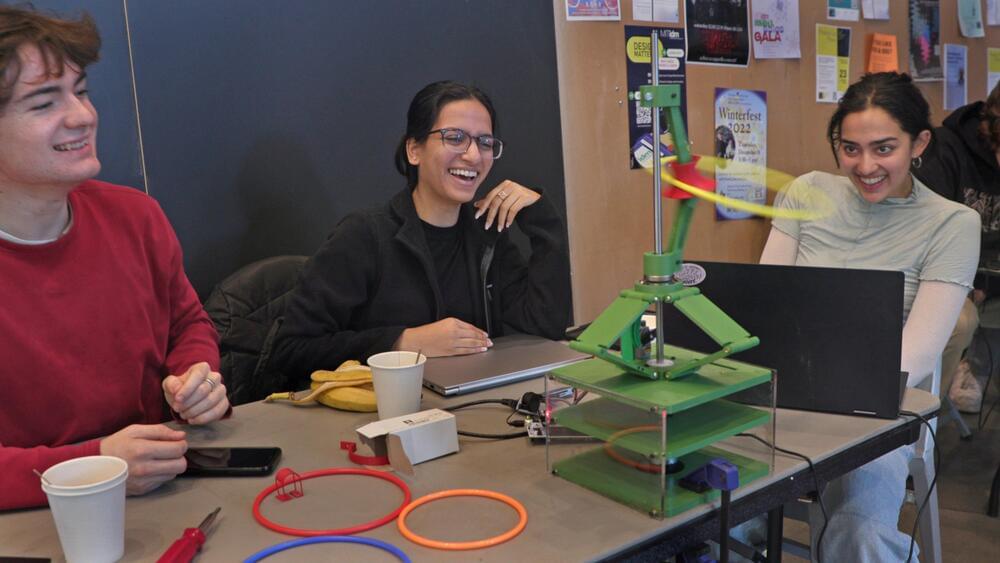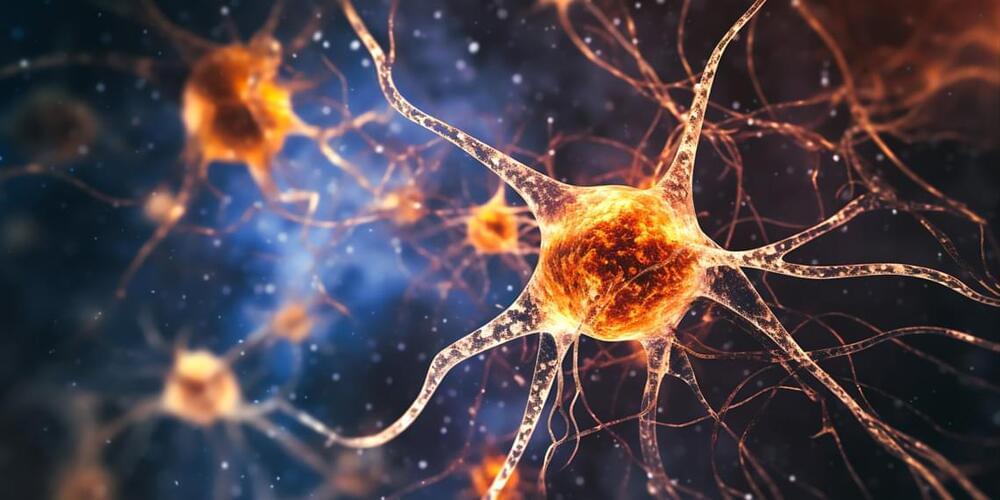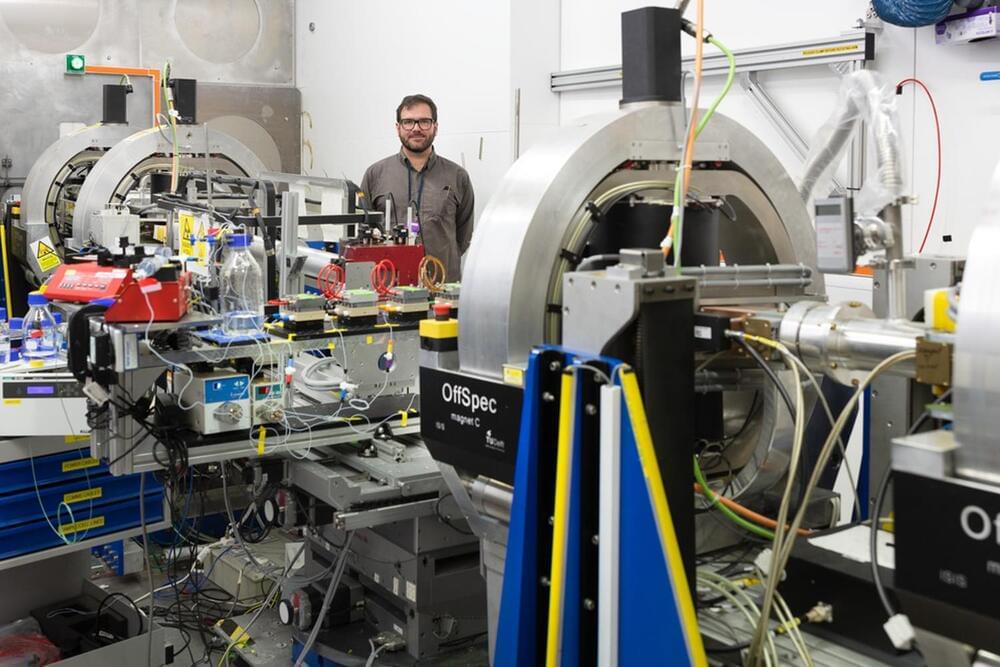This is a new channel with Liz Parrish. This is an hour with Aubrey.
Most people consider #aging to be a normal part of the cycle of #life and #death. But, did you know that some people see aging merely as a disease?
Which means that they believe there is a cure for aging.
And, these people are in pursuit of that cure.
So, who are these people?
Buyingtime introduces you to Dr Aubrey de Grey, who believes that advances in medical technology may some day enable #humans to live indefinitely. He spells out his ideas in this podcast, which could #change the way you think about aging.






